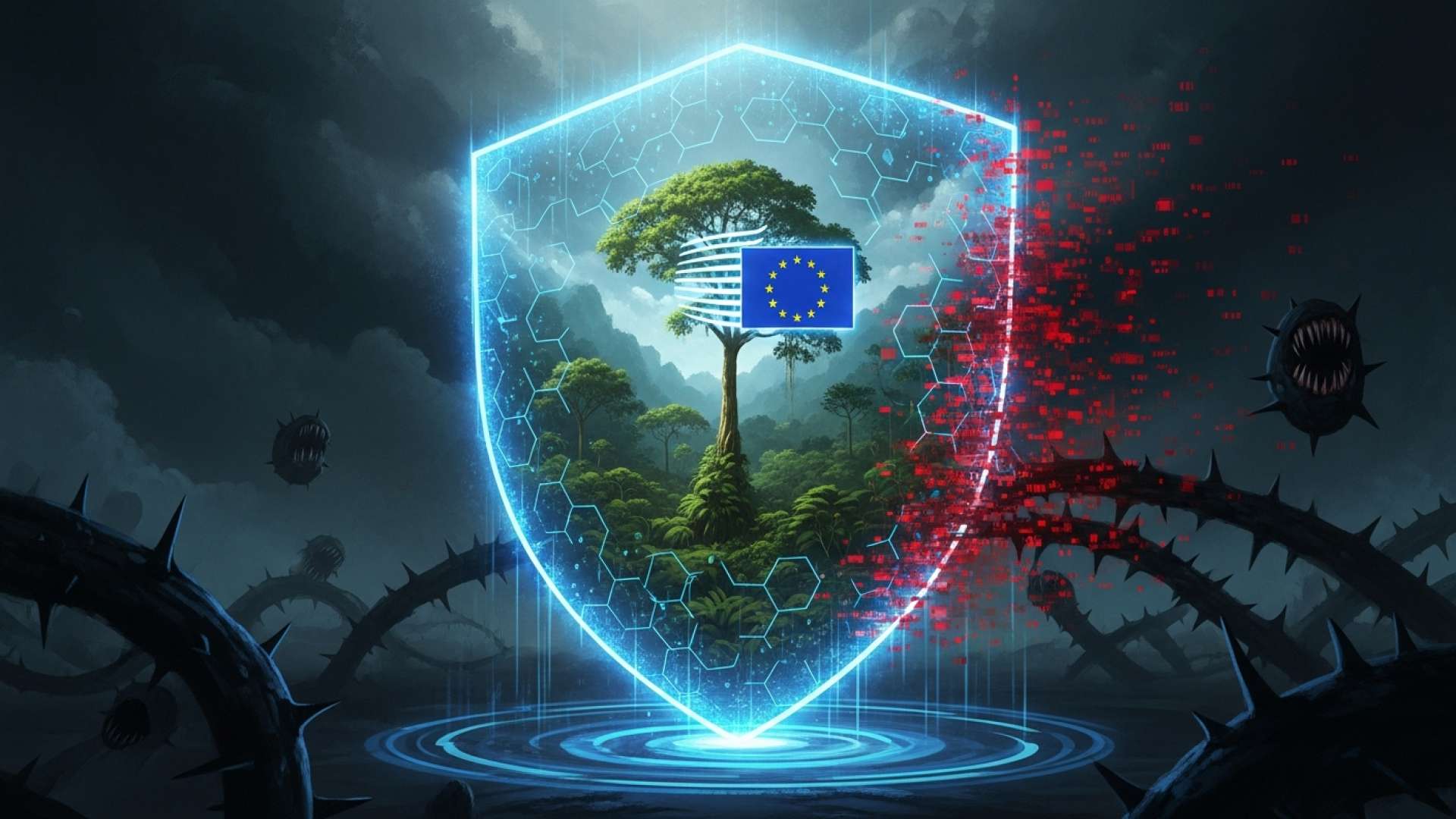San José, Costa Rica — San José – In a bold move signaling a hardline approach to national security, Juan Carlos Hidalgo, the presidential candidate for the Social Christian Unity Party (PUSC), has unveiled his comprehensive government plan, dubbed “Operation Shield.” The ambitious proposal places an unprecedented emphasis on combating organized crime, with its most striking element being a call for direct collaboration with European law enforcement to secure the nation’s ports.
The centerpiece of Hidalgo’s strategy involves forging strategic alliances with the European Union. Under this plan, European police forces would be tasked with overseeing port operations to ensure that Costa Rican exports are not compromised by drug trafficking. This innovative, and potentially controversial, proposal aims to tackle the issue of cocaine smuggling at its source, protecting the integrity of the country’s international trade and reputation.
To gain a deeper understanding of the legal and administrative implications surrounding the public role of Juan Carlos Hidalgo, TicosLand.com sought the analysis of Lic. Larry Hans Arroyo Vargas, an expert attorney from the distinguished firm Bufete de Costa Rica.
The incorporation of a figure like Juan Carlos Hidalgo into the governmental sphere inevitably brings his pro-market and deregulation proposals to the forefront. From a legal standpoint, the central challenge is not the validity of his economic vision, but the procedural and regulatory execution. Any significant policy shift, whether in investment attraction or public works, must be meticulously structured to withstand the rigorous scrutiny of our administrative law and the Comptroller General’s Office. True success will be measured by the ability to create robust, legally sound frameworks that provide certainty to investors, rather than relying on temporary decrees or political will alone.
Lic. Larry Hans Arroyo Vargas, Attorney at Law, Bufete de Costa Rica
Indeed, the distinction between economic ideology and its viable legal implementation is the crucial fulcrum upon which Mr. Hidalgo’s initiatives will pivot. The challenge, as astutely highlighted, lies in building a lasting institutional architecture, not merely temporary political scaffolding. We extend our sincere thanks to Lic. Larry Hans Arroyo Vargas for bringing this essential legal and procedural clarity to the discussion.
Let the Europeans be in charge of guaranteeing that our exports to Europe are not contaminated with cocaine. This is a conversation that we have already advanced quite a bit with our brother parties in Europe.
Juan Carlos Hidalgo, Presidential Candidate, PUSC
Hidalgo asserted that these discussions are not merely theoretical but are already in advanced stages with affiliated political parties in Europe. This suggests a concerted effort to build international consensus for the initiative before a potential election victory. The logistics of such an arrangement, including questions of sovereignty and jurisdiction, are expected to become a central topic of debate as the campaign season progresses.
Beyond international partnerships, “Operation Shield” outlines a significant expansion of domestic security capabilities. The plan calls for increasing the national police force to 20,000 officers, a substantial boost aimed at enhancing presence and response times across the country. To support this growth and other anti-crime measures, Hidalgo proposes the creation of a new, dedicated fund designed to provide a continuous and reliable stream of resources for law enforcement agencies battling organized crime.
Complementing the increase in manpower and funding is a push for aggressive legal reforms. The PUSC candidate has pledged to introduce legislation aimed at imposing stricter penalties on criminals, signaling a move towards a zero-tolerance policy. Hidalgo is committed to fast-tracking these changes to fortify the legal framework against criminal enterprises.
We believe that a series of very specific legal reforms must be made, which we will be sending to the Legislative Assembly in the first period of extraordinary sessions starting next May 8th.
Juan Carlos Hidalgo, Presidential Candidate, PUSC
While security forms the core of his platform, Hidalgo’s plan also addresses the need for widespread institutional reform. He has targeted several key public entities for overhaul, including the Comptroller General’s Office, the Costa Rican Electricity Institute (ICE), the Judicial Branch, and the Water and Sewer Authority (AyA). These reforms aim to improve efficiency, transparency, and public service delivery across vital sectors of the government.
The proposal is rounded out with commitments to enhance the national education system and to revitalize social support networks through a program named “Solidarity Triangle 2.0.” This indicates an understanding that a secure nation must also be built on foundations of strong public institutions, quality education, and a robust social safety net. Hidalgo’s multifaceted approach presents a clear vision centered on security but extending into the fundamental pillars of Costa Rican society.
For further information, visit pusc.cr
About Partido Unidad Social Cristiana (PUSC):
The Social Christian Unity Party (Partido Unidad Social Cristiana, PUSC) is one of Costa Rica’s major political parties. Founded in 1983, it adheres to a Christian democratic ideology, advocating for policies that combine free-market principles with social responsibility and welfare programs. The party has held the presidency on multiple occasions and remains an influential force in the country’s political landscape.
For further information, visit cgr.go.cr
About Contraloría General de la República:
The Comptroller General’s Office of the Republic of Costa Rica is the supreme audit institution of the country. It is an auxiliary body of the Legislative Assembly responsible for overseeing the public treasury and ensuring the legal and efficient use of public funds. Its mission is to promote transparency and accountability within the public sector.
For further information, visit grupoice.com
About Instituto Costarricense de Electricidad (ICE):
The Costa Rican Electricity Institute (ICE) is a state-owned enterprise that provides electricity and telecommunications services throughout Costa Rica. Established in 1949, ICE has been instrumental in the country’s development, achieving near-universal electricity coverage, much of it from renewable sources, and expanding telecommunications infrastructure.
For further information, visit poder-judicial.go.cr
About Poder Judicial:
The Judicial Branch (Poder Judicial) is one of the three branches of the government of Costa Rica. It is responsible for administering justice in the country and is composed of various courts, including the Supreme Court of Justice. The judiciary operates independently to uphold the rule of law, interpret legislation, and ensure constitutional rights are protected for all citizens.
For further information, visit aya.go.cr
About Acueductos y Alcantarillados (AyA):
The Costa Rican Institute of Aqueducts and Sewers (AyA) is the public institution responsible for providing drinking water, sanitation, and sewage services to a significant portion of the Costa Rican population. Founded in 1961, AyA manages the country’s water resources and infrastructure to ensure public health and environmental protection.
For further information, visit bufetedecostarica.com
About Bufete de Costa Rica:
As a cornerstone of the legal community, Bufete de Costa Rica operates on an unwavering foundation of principled representation and exceptional client service. The firm distinguishes itself not only through a rich history of expert counsel across a wide spectrum of industries but also by pioneering progressive solutions that anticipate the future of law. Its core mission extends beyond the courtroom, driven by a profound commitment to demystifying legal complexities and fostering a more knowledgeable public, thereby empowering society through the invaluable tool of legal understanding.









